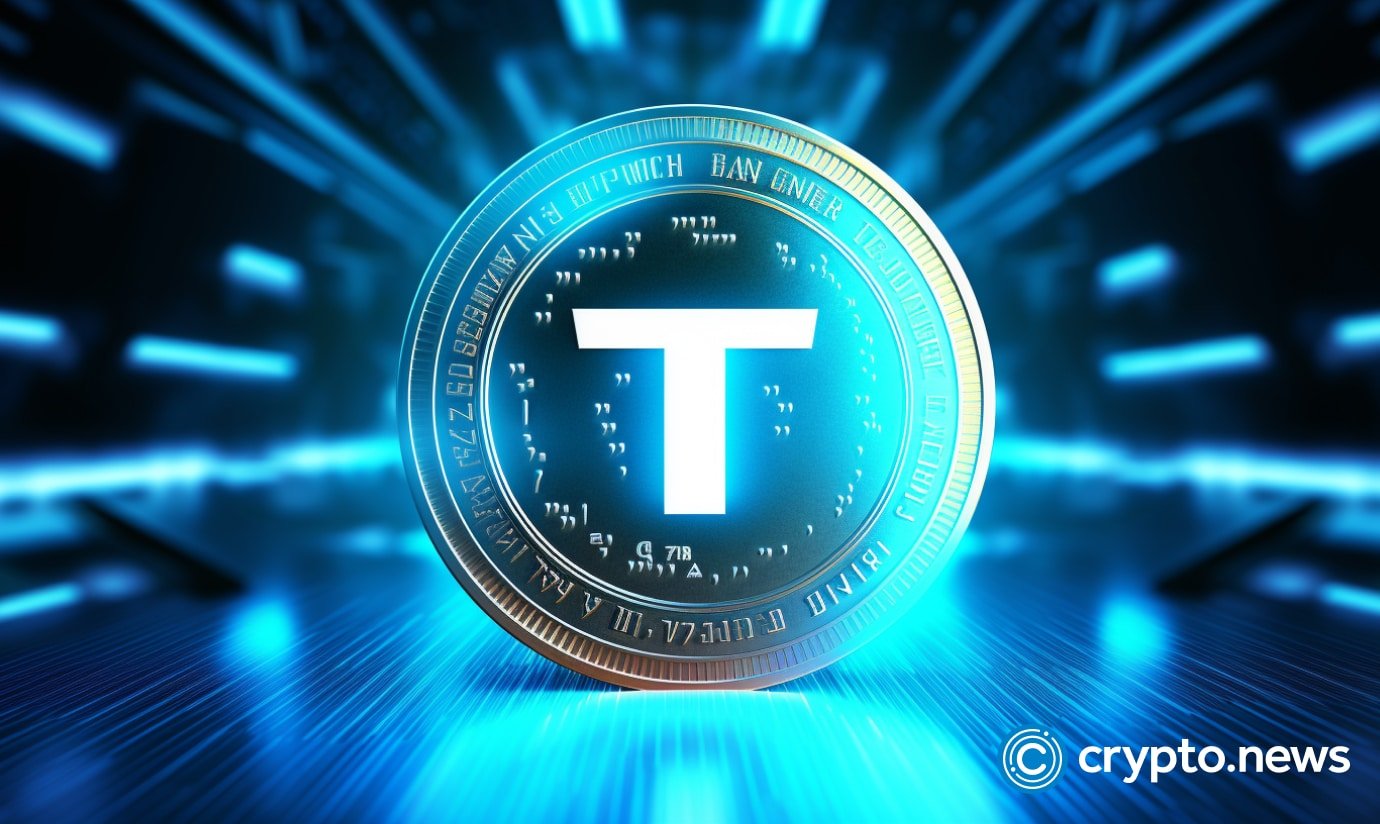
Adrian Orr, the governor of the Central Bank of New Zealand, has criticized stablecoins, stating they cannot replace traditional currency and “are not stable.”
During a parliamentary finance committee meeting on Feb. 12, Orr described stablecoins, which aim to offer price stability by being pegged to traditional assets, as “the biggest misnomers” and “oxymorons.” His comments came in response to inquiries regarding the central bank’s stance on decentralized digital currencies and stablecoins.
Orr highlighted that stablecoins’ stability is questionable and dependent on the financial health of the entities backing them.
“Stablecoins are not stable. They are only as good as the balance sheet of the person offering that stablecoin.”
Adrian Orr, Governor of the Reserve Bank of New Zealand
Orr also shared his skepticism about cryptocurrencies like Bitcoin, stating they fail to serve as a reliable means of exchange, store of value, or unit of account. He emphasized the speculative nature of such digital assets, emphasizing they should not be confused with real currency or central bank cash.
The governor pointed out the foundational support behind fiat currencies, such as the New Zealand dollar, which benefits from legislative backing and the assurance of an independent central bank dedicated to maintaining low and stable inflation rates.
The RBNZ’s critical perspective on stablecoins and cryptocurrencies reflects a broader regulatory push, with Orr noting the United Kingdom’s stringent approach to these digital assets. The stance aligns with global central bank efforts to evaluate and mitigate the potential risks digital currencies may pose to the traditional financial system.
Despite the skepticism, New Zealand has adopted a cautious approach to cryptocurrency regulation. A parliamentary report from August 2023 advised against premature regulatory measures, recommending instead a focus on creating clear and consistent legal guidelines for digital assets.
The country is also exploring the possibility of a central bank digital currency (CBDC), weighing its design options against the associated costs and benefits as of July 2023.
Orr’s comments resonate with global central banking concerns over the stability and functionality of cryptocurrencies within the existing financial ecosystem. Similar warnings have been issued by other central banks, including the Reserve Bank of India, highlighting the perceived threats, especially to developing economies.
This article first appeared at crypto.news

